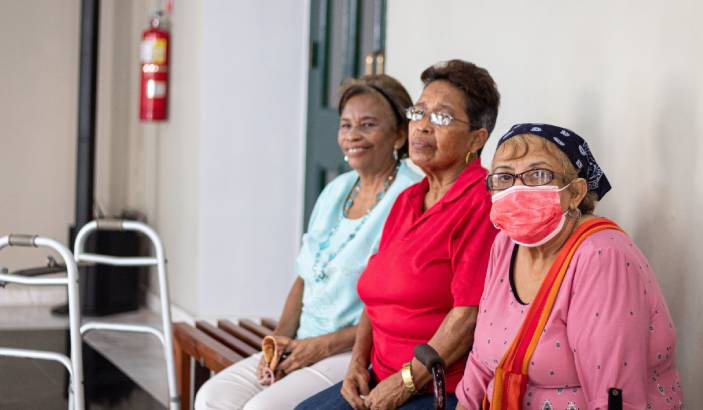Introduction
The landscape of mental health care and Intensive Outpatient Programs (IOPs) varies significantly between rural and urban settings. Each environment presents unique challenges and opportunities that can impact the accessibility, effectiveness, and overall experience of mental health treatment. This article explores these differences, highlighting how IOPs can adapt and respond to the distinct needs of rural and urban communities.
IOPs in Urban Settings: Advantages and Limitations
Access to Diverse Resources
In urban areas, Intensive Outpatient Programs (IOPs) benefit from close proximity to a wide range of healthcare facilities and specialized services. This abundance of resources allows for more comprehensive and multidisciplinary approaches to mental health treatment.
Higher Population Density and Diversity
Urban settings often have a higher and more diverse population, leading to a greater variety of IOPs that cater to specific demographics, such as different age groups, cultural backgrounds, or specific mental health disorders.
Challenges in Urban IOPs
Despite these advantages, urban IOPs can face challenges like higher living costs and busier lifestyles, which may affect patients’ ability to commit to treatment. Additionally, urban areas can sometimes present an overwhelming environment for individuals dealing with mental health issues.
IOPs in Rural Settings: Understanding the Unique Challenges
Limited Access to Mental Health Services
Rural areas typically have fewer mental health resources, which can limit the availability and variety of IOPs. This scarcity can lead to longer travel times for patients and less frequent access to care.
Stigma and Privacy Concerns
Mental health stigma can be more pronounced in rural communities, where there is often a higher value placed on privacy and self-reliance. This can discourage individuals from seeking help or participating in IOPs.
Workforce Shortages
Rural areas often face challenges in recruiting and retaining mental health professionals, which can impact the quality and continuity of care in IOPs.
The Impact of Technology in Bridging the Gap
Teletherapy: A Tool for Accessibility
Teletherapy has emerged as a vital tool in bridging the gap in mental health services between rural and urban areas. By providing remote access to therapy, teletherapy can overcome barriers of distance and limited local resources.
Digital Tools for Enhanced Care
Digital tools, such as mobile health apps and online resources, can supplement the treatment provided in IOPs, offering additional support to patients in rural areas where in-person sessions might be less frequent.
Adapting IOP Strategies to Different Settings
Tailoring Approaches to Community Needs
Successful IOPs adapt their strategies to meet the specific needs of their communities. In urban areas, this might involve offering flexible scheduling to accommodate busy lifestyles, while in rural areas, it could mean focusing on outreach and community engagement to overcome stigma and accessibility challenges.
Building Community Partnerships
Both rural and urban IOPs can benefit from building strong partnerships with local organizations, healthcare providers, and community leaders. These collaborations can help in addressing specific local challenges and extending the reach of mental health services.
Overcoming Economic and Social Barriers
Addressing Economic Disparities
Economic barriers can affect access to IOPs in both rural and urban areas. Implementing sliding scale fees, offering transportation assistance, or providing guidance on insurance and financial aid can help in making IOPs more accessible.
Cultural Competency in Treatment
IOPs must be culturally competent, understanding and respecting the diverse cultural backgrounds of their patients. This is crucial in both urban and rural settings, where cultural dynamics can significantly influence how individuals perceive and engage with mental health treatment.
Conclusion
Intensive Outpatient Programs face distinct challenges and opportunities in rural versus urban settings. By understanding and adapting to these differences, IOPs can provide effective, accessible, and culturally sensitive mental health care tailored to the specific needs of their communities. As the field of mental health continues to evolve, it is essential for IOPs to remain flexible and responsive to the diverse landscapes in which they operate.
(Note: This article provides a comprehensive comparison of the challenges and strategies of IOPs in rural and urban settings, using an accessible and empathetic tone. The inclusion of current statistics and studies will enhance the article’s credibility and relevance.)








